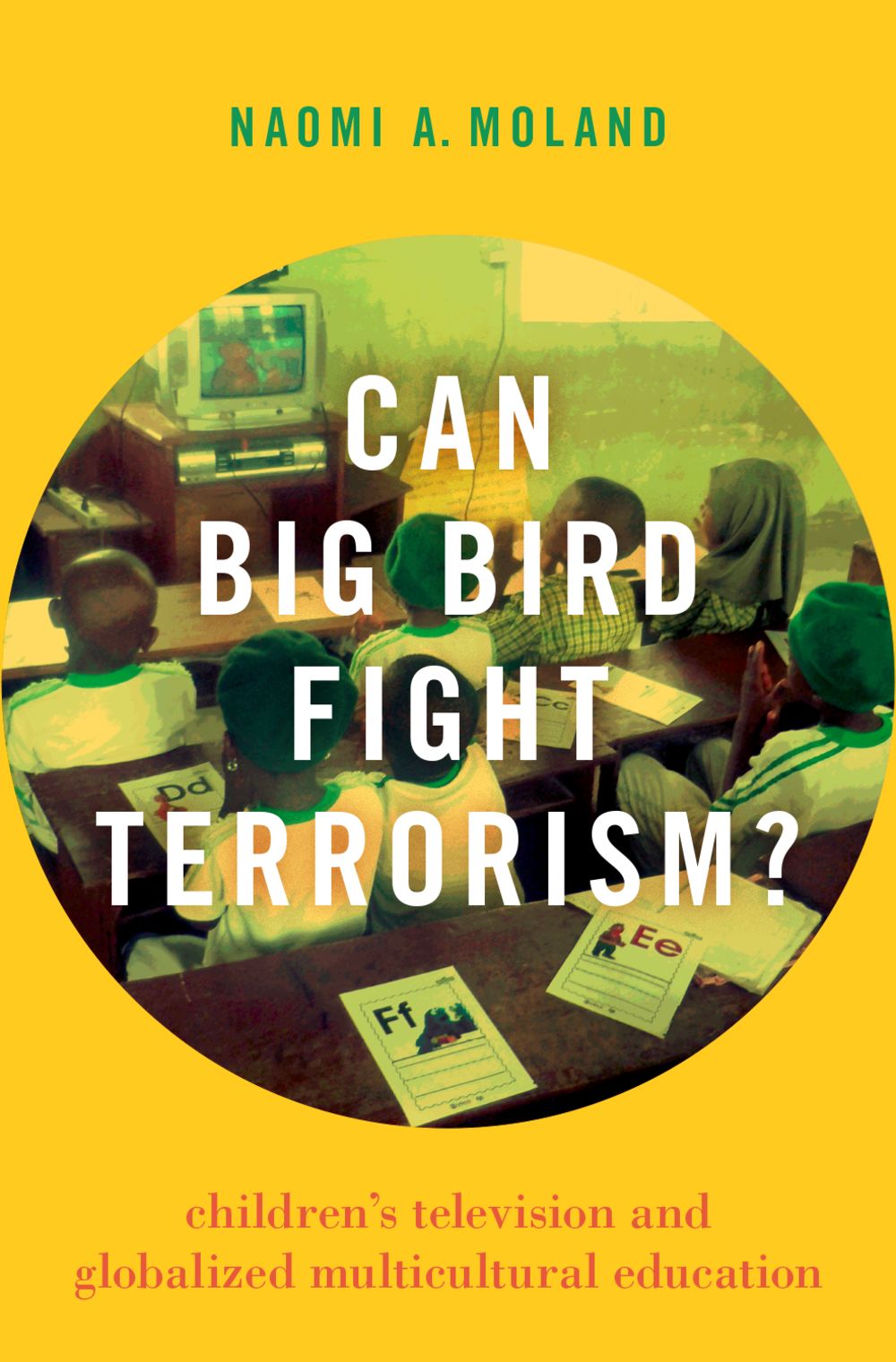
Naomi A. Moland is a professorial lecturer at the School of International Service at American University. Her research and teaching focus on cultural globalization, international education, global media, and peace and conflict.
Moland’s research focuses on two central questions: How do ideologies circulate globally and how are they localized in different contexts? And, how do governments and international actors use education and media to build peace? She examines these questions through two case studies. First, she studies international versions of Sesame Street, researching how they teach about intergroup tolerance and peace. Moland’s book on this research, “Can Big Bird Fight Terrorism?: Children’s Television and Globalized Multicultural Education” was published in 2019 by Oxford University Press. Second, she is conducting research on the cultural dynamics of the global LGBTQ rights movement.
In addition to her academic work, Moland has published op-eds in The Philadelphia Inquirer, The Hawaii Tribune-Herald, and The New York Daily News. She has been interviewed for Voice of America, and her co-authored research about “Book Deserts” in the United States has been profiled by The Atlantic and The Washington Post. She has also written reports for foundations on educational initiatives.
Moland is a co-founder and Vice Chair of the Sexual Orientation, Gender Identity and Expression (SOGIE) Special Interest Group (SIG) of the Comparative and International Education Society (CIES). She also served as Co-chair of the International Issues, (Im)migration, Transnationalism, and Citizenship in Educational Contexts committee of the Council on Anthropology and Education, American Anthropological Association.

Can Big Bird Fight Terrorism?
For fifty years, Sesame Street has taught generations of Americans their letters and numbers, and also how to better understand and get along with people of different races, faiths, ethnicities, and temperaments. But the show has a global reach as well, with more than thirty co-productions of Sesame Street that are viewed in over 150 countries. In recent years, the United States Agency for International Development (USAID) has provided funding to the New York-based Sesame Workshop to create international versions of Sesame Street, which some hope will help to build peace in conflict-affected societies. Can Big Bird Fight Terrorism? takes an in-depth look at the Nigerian version, Sesame Square, which began airing in 2011. In addition to teaching preschool-level academic skills, Sesame Square seeks to promote peaceful coexistence—a daunting task in Nigeria, where escalating ethno-religious tensions and terrorism threaten to fracture the nation. This book offers rare insights into the dilemmas inherent in soft power attempts to teach the ideals of diversity and tolerance in countries suffering from internal conflicts.
Learn more about my book and order it at Oxford University Press or Amazon.

